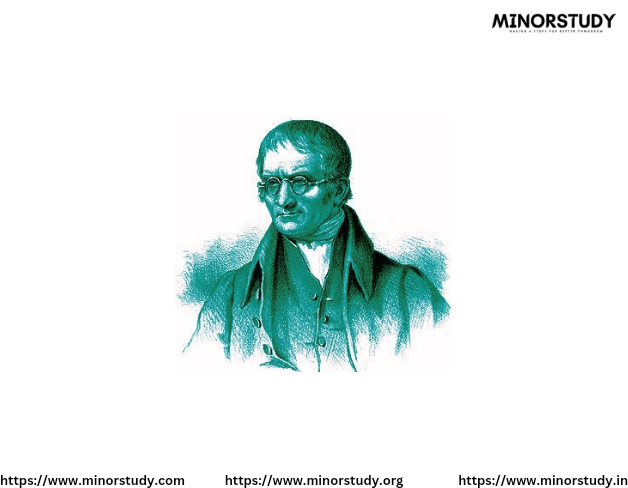Amalie Dietrich
- Minorstudy Web blogs
- Dec 6, 2024
- 2 min read

Amalie Dietrich (May 26, 1821 – March 9, 1891) was a pioneering German naturalist and botanist, celebrated for her extensive work in taxonomy and ethnology. Known as the "German Darwin," she contributed significantly to the scientific understanding of Australian flora, fauna, and Indigenous cultures during her 10-year exploration of Australia.
Early Life:
Born: May 26, 1821, in Siebenlehn, Saxony, Germany.
Raised in a modest family, Amalie had limited formal education but displayed an early interest in nature.
Married Wilhelm Dietrich, a pharmacist and amateur botanist, who introduced her to scientific studies. The marriage ended in separation due to financial and personal challenges.
Career Highlights:
1. Australian Expedition:
In 1863, Amalie was hired by Johann Cesar Godeffroy, a Hamburg-based naturalist and museum founder, to collect specimens in Australia.
Over a decade (1863–1873), she traveled extensively across Queensland, gathering a vast range of botanical, zoological, and ethnographic specimens.
2. Scientific Contributions:
Sent back thousands of samples, including:
Plants, seeds, and insects.
Birds, shells, and coral.
Indigenous tools, artifacts, and human remains (a controversial practice at the time).
Her work significantly enriched European museums' natural history collections, particularly those of the Godeffroy Museum in Hamburg.
3. Ethnological Observations:
Amalie documented Indigenous Australian cultures, though her ethnographic practices (including collecting human remains) have drawn criticism from modern perspectives.
4. Botanical Achievements:
Her collected specimens were critical for advancing the taxonomy of Australian flora and fauna.
Several species were named in her honor, recognizing her contributions to science.
Challenges and Recognition:
Amalie worked under challenging and often dangerous conditions, facing illness, isolation, and the harsh Australian environment.
Despite her significant contributions, she received little personal recognition during her lifetime; much of her work was credited to Godeffroy's museum.
Legacy:
1. Scientific Impact:
Dietrich's collections remain valuable resources for researchers and institutions worldwide, shedding light on Australia's biodiversity.
2. Controversial Practices:
Modern scholars criticize her involvement in the collection of human remains, reflecting the colonial mindset of her era.
3. Role Model for Women in Science:
Amalie's determination and achievements broke barriers for women in natural sciences, inspiring future generations of female scientists.
Interesting Facts:
Known in Australia as the “Angel of Black Death” by some Indigenous groups, reflecting her involvement in collecting human remains, a practice that has sparked ethical debates.
Several plant and animal species bear her name, such as the Acacia dietrichiana.
Significance:
Amalie Dietrich’s work remains a testament to the power of curiosity and resilience. Her contributions to natural history expanded scientific understanding, though her methods and their ethical implications invite critical reflection in contemporary times.











Comments